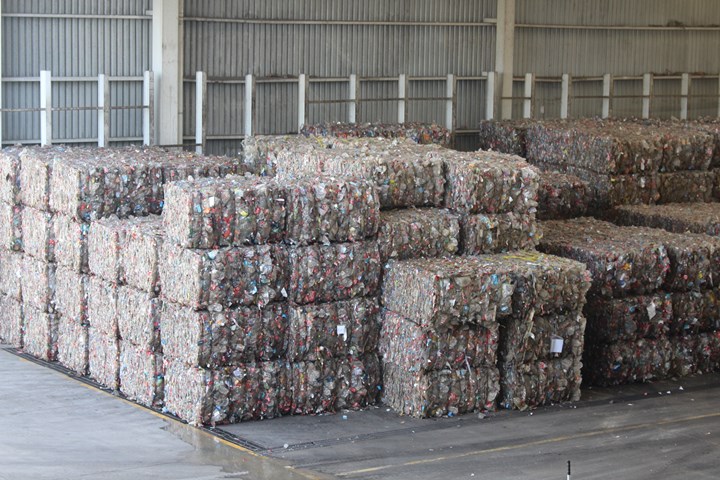More than 100 Companies Support EPR for Packaging
A group of businesses and stakeholders that are drawn from across the packaging value chain are calling for the implementation of Extended Producer Responsibility (EPR) schemes for packaging.
More than 100 businesses in the packaging value chain, together with more than 50 other organizations, support the move to Extended Producer Responsibility (EPR) packaging collection and recycling.
The statement, published by the Ellen MacArthur Foundation, has been signed by brands and retailers (including Beiersdorf, Danone, Diageo, Ferrero, FrieslandCampina, H&M, Henkel, Inditex, L’Oréal, Mars, Mondi, Nestlé, PepsiCo, Pick n Pay, Reckitt, Schwarz Group, The Coca-Cola Co., Unilever and Walmart), manufacturers and recyclers (including Borealis, Berry Global, DS Smith, Mondi, Tetra Pak, Indorama Ventures and Veolia), investors such as European Investment Bank and Closed Loop Partners, and NGOs including WWF, The Recycling Partnership, The Pew Charitable Trusts and As You Sow.
Part of the statement reads:
“As a group of businesses and stakeholders that are drawn from across the packaging value chain, we are calling for the implementation of Extended Producer Responsibility (EPR) schemes for packaging. We recognize that EPR is a necessary part of the solution to create the circular economy for packaging we are aiming for. EPR schemes, through which all industry players that introduce packaging to the market provide funding dedicated to its collecting and processing after use, are the only proven and likely pathways to provide the required funding. Without such policies, packaging collection and recycling is unlikely to be meaningfully scaled and tens of millions of tonnes of packaging will continue to end up in the environment every year.
To solve the packaging waste and pollution crisis, a comprehensive circular economy approach is required. We must: eliminate the packaging we don’t need; innovate to ensure all the packaging we do need is reusable, recyclable, or compostable; and circulate all the packaging we use, keeping it in the economy and out of the environment. This circular economy approach would lead to significant economic, environmental, and social benefits¹ and contribute to addressing major global challenges, such as plastic pollution, climate change, and biodiversity loss.”
By signing the statement, endorser organizations recognize this need and make three firm commitments:
- Ensure their entire organization is aligned on, and their actions are in line with this statement;
- Be constructive in their engagement with governments and other stakeholders: advocating for the establishment of well-designed EPR policies and being supportive in working out how to implement and continuously improve EPR schemes in the local context;
- Engage with their peers and the relevant associations and collaborations we are part of to work towards aligning their positions and actions accordingly.

Ellen MacArthur Foundation, which develops and promotes the concept of a circular economy, has published its Extended Producer Responsibility (EPR) for packaging statement.
Related Content
-
Multilayer Solutions to Challenges in Blow Molding with PCR
For extrusion blow molders, challenges of price and availability of postconsumer recycled resins can be addressed with a variety of multilayer technologies, which also offer solutions to issues with color, processability, mechanical properties and chemical migration in PCR materials.
-
Optical Sorting for Color Flexibility in Recycled Plastics
Aaron Industries added optical sorting to its operation, expanding capabilities to meet the color needs of customers.
-
NPE2024 Wrap-Up: Sustainability Dominates Show Floor News
Across all process types, sustainability was a big theme at NPE2024. But there was plenty to see in automation and artificial intelligence as well.









